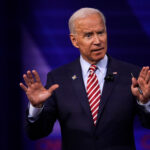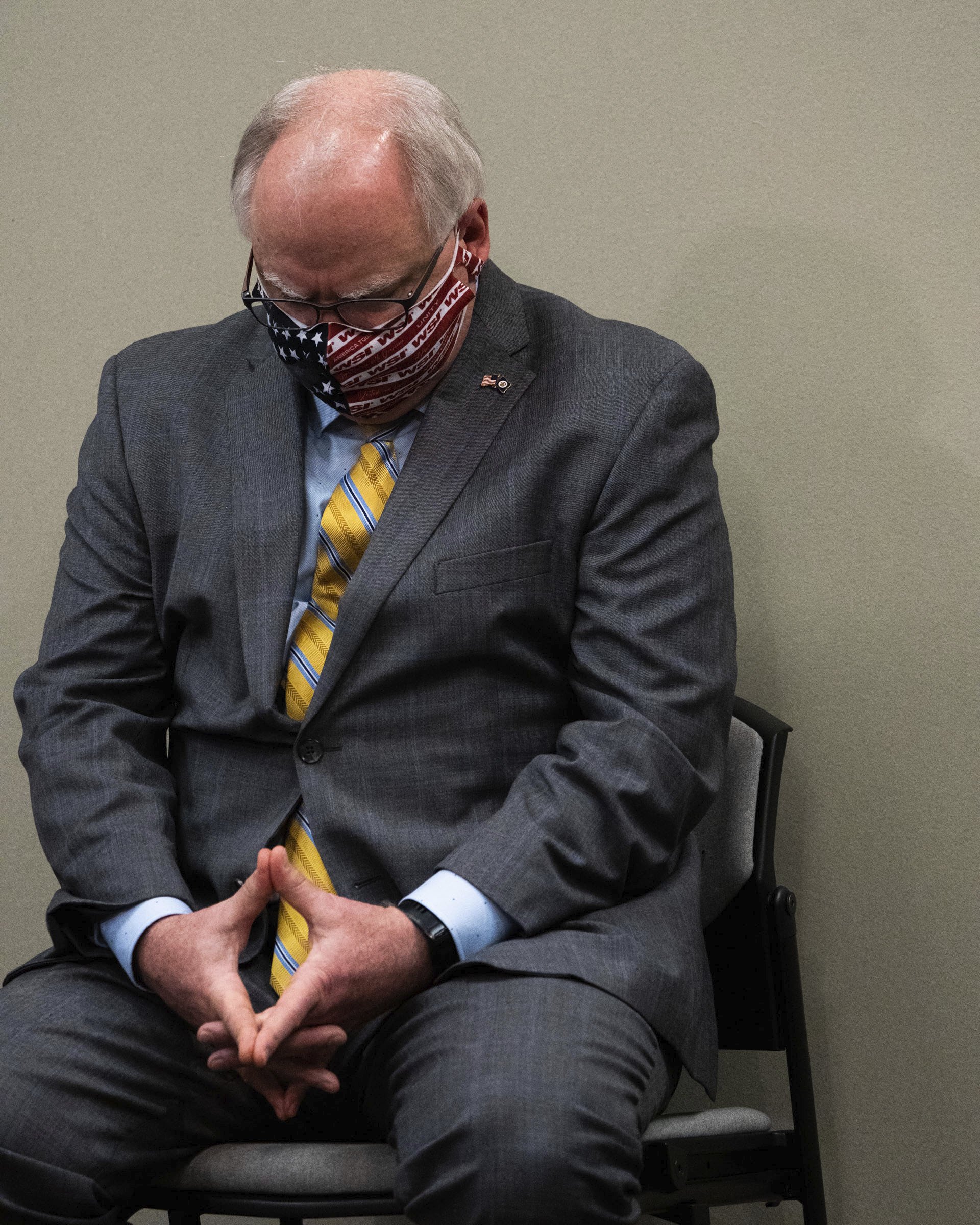Vice President Kamala Harris’s decision to choose Governor Tim Walz (D-MN) as her running mate was met with enthusiasm from many Democrats and even some Republicans. For the Left, Walz is seen as a progressive Midwestern figure with a congenial personality that could potentially help Harris secure pivotal swing states.
However, Walz’s record, especially his deep and enduring connection with China, is poised to attract significant scrutiny. After completing his undergraduate studies in Nebraska in 1989, Walz moved to China to teach at a high school in Guangdong Province, located north of Hong Kong. His choice to go to China at that time, amid the pro-democracy protests and the Tiananmen Square massacre, raises questions. Walz later explained his move by saying, “China was coming, and that’s the reason that I went.” Upon returning, he and his wife founded Educational Travel Adventures, an organization focused on arranging trips for American students to China. Their frequent visits to China, including a honeymoon there, have led to Walz making around 30 trips to the country.
While Democrats argue that Walz has been a proponent of human rights and has spoken out on issues like Tibet, his extensive relationship with China—coupled with the regime’s notorious reputation—raises concerns. In 1990, after returning from his initial teaching stint, Walz praised China, noting his positive experiences and the lack of anti-American sentiment. His favorable comments about the Chinese police state, even amidst the backdrop of the previous year’s massacre, have drawn criticism.
The crux of the issue lies in Walz’s admission that his trips to China were financially supported by the Chinese government. This arrangement inevitably raises questions about what the Chinese authorities anticipated in return. The Chinese Communist Party (CCP) is known for its strategic investments and expects reciprocity. Given Walz’s extensive and well-funded interactions with China, it’s plausible that he was subject to scrutiny by the Ministry of State Security (MSS), the CCP’s formidable intelligence agency. While this doesn’t confirm a deliberate collaboration, it’s crucial to consider what insights or leverage the MSS might have gained from such an extensive engagement.
In the context of recent history, with concerns about past Democratic administrations and alleged connections to China, Walz’s relationship with the CCP warrants careful examination. The comparison to former President Donald Trump’s controversial ties to Russia is inevitable. If Trump had made numerous visits to Russia, receiving substantial support from Russian entities, and had spoken highly of the Kremlin, such a scenario would likely have been met with intense scrutiny. Similarly, Walz’s close ties with China, including support from the regime, could provoke serious questions about his potential influence and loyalties.





